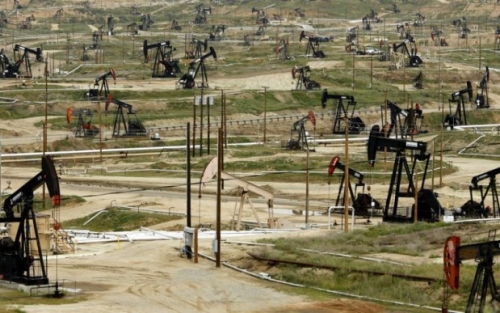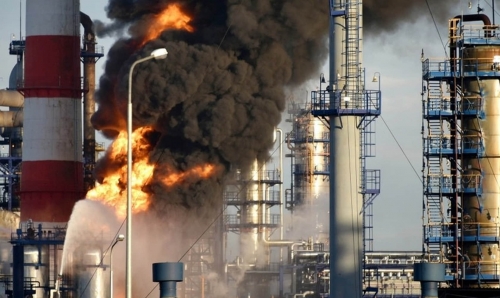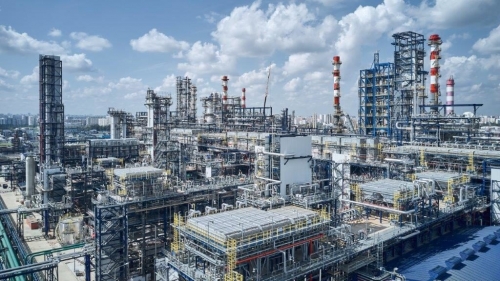Oil market participants were assessing on Wednesday the potential impact upon the world's most traded commodity of the momentous overnight leadership change announced within Saudi Arabia's ruling family. Early Wednesday, Saudi's King Salman unveiled his decision to relieve 57-year old Interior Minister Muhammad bin Nayef of his position as crown prince in favor of his 31-year old son, Deputy Crown Prince and Defense Minister Mohammad bin Salman.
Although Bin Salman has a reputation for interacting in an impulsive and often abrasive manner, particularly with regards to international relations, Amrita Sen, chief oil analyst at Energy Aspects, does not anticipate the newly appointed heir to the Saudi throne rushing to reconfigure the country's current strategy for oil.
"Even if foreign policy were to remain aggressive, we don't see any change in oil policy yet. If anything, with the initial public offering (IPO) the center stage, the Kingdom needs higher prices," she told CNBC via email on Wednesday, referring to the public listing of Aramco, Saudi's national oil and gas company, planned for 2018.
Saudi Arabia is the world's largest oil producing nation and the spearhead of the OPEC-led agreement among the world's key producers to cut output in a bid to stem declines in the oil price.
Despite the deal - which was originally signed last November - being renewed for a further nine months in late May, oil prices have continued on a downward trajectory in recent weeks, moving into bear territory in recent days after posting a decline of more than a fifth since earlier this year.
Saudi Arabia is "absolutely committed" to following through on the OPEC cut deal regardless of the change in leadership, agreed Helima Croft, global head of commodity strategy at RBC Capital Markets, speaking on CNBC on Wednesday, adding that the key question regarding oil policy now was the country's time horizon with regards to the impending IPO.
"They have some time to deal with this downtrend in prices as long as they can get prices on a better path in 2018 so I think they can sit tight, let the cuts play out, let the inventories draw down and I don't think they're worried about the next couple of weeks. I think they're playing for 2018," she opined.
Bin Salman visited President Donald Trump at the White House in March and received the U.S. leader in Saudi Arabia last month. His enthusiastic approach towards the president is thought to be largely driven by his desire to secure U.S. backing for Saudi Arabia's combative stance towards Iran. The ramp-up in rhetoric and sanctions emanating from the White House against Iran in recent months will surely have pleased the ambitious young royal.
However, Saudi Arabia's relationship with Iran must be carefully watched given that the latter country is OPEC's third-largest oil producer and was a reluctant signatory of the output cut agreement, dragging its heels all the way to the table.
Yet comments from Iranian Oil Minister Bijan Zanganeh on Wednesday afternoon gave hope that Iran is for now committed to the agreement. He said that OPEC members are considering making further oil output cuts once the effect of the current reduced level of production is made clear.
Having traded weaker earlier in Wednesday's session, oil prices moved into the black following the oil minister's comments. As of 13:20 p.m. London time, WTI crude prices had rebounded to trade 0.32 percent higher at $43.64 while Brent was 0.20 percent up on the session at $46.11.
With the step up in Bin Salman's power, traders will be watching for signs of a further deterioration in the relationship between these Middle Eastern neighbors, given that the successful functioning of the production cut deal relies heavily upon their ongoing cooperation.

%20(1).png)



